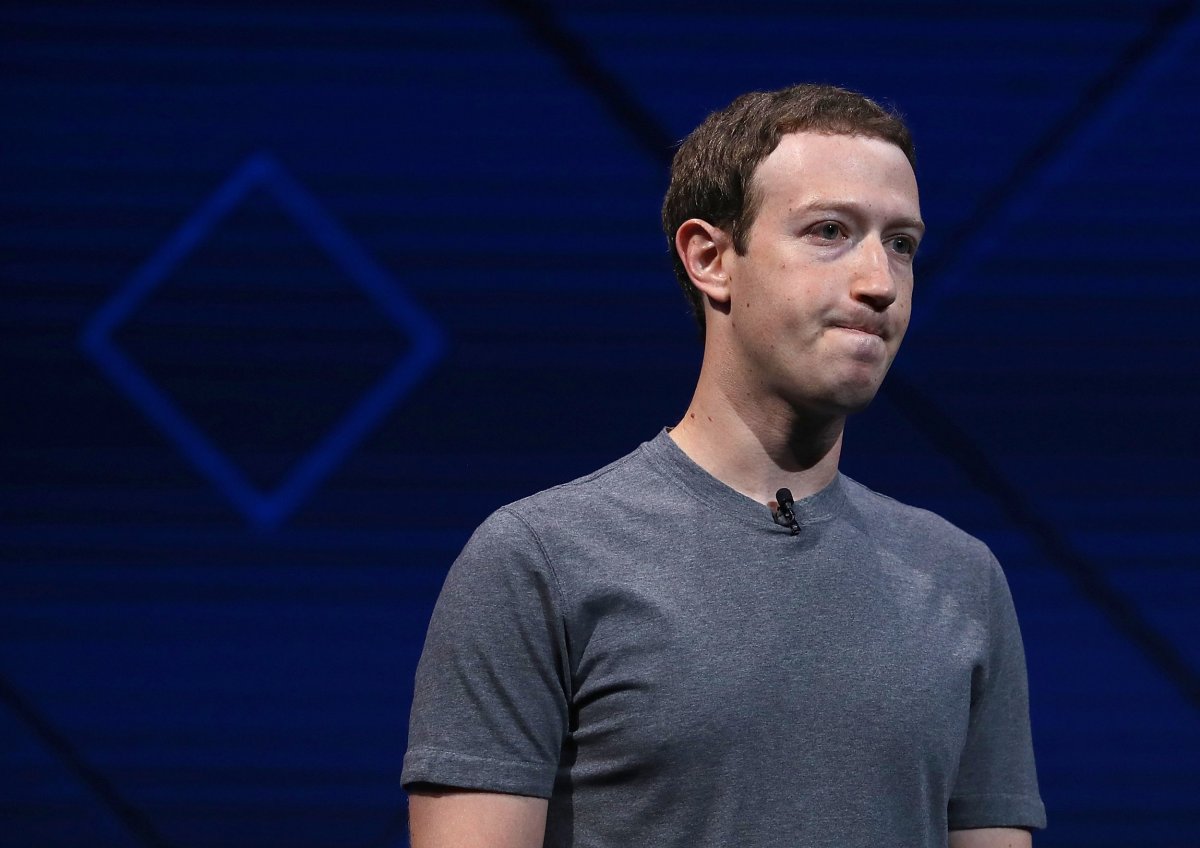This article first appeared on the American Enterprise Institute site.
It wasn't long into my reading of last weekend's Wall Street Journal essay "Can the Tech Giants Be Stopped?" that I realized the author must be the same one who wrote "Is It Time to Break Up Google?" back in the New York Times last April.
Indeed, the writer of both is Jonathan Taplin, director emeritus of the Annenberg Innovation Lab at the University of Southern California.
I found that first essay sort of odd because I really didn't discover a strong argument for government action. Oh, Taplin made some assertions and declarations such as, "It is impossible to deny that Facebook, Google and Amazon have stymied innovation on a broad scale" and that we need to stop "pretending that unfettered monoliths don't inflict damage on our privacy and democracy."

But I thought the evidence Taplin provided fell far short of backing up those statements. "Impossible to deny?" — really?
Taplin also raises many questions and concerns in the WSJ piece, but especially this. Taplin:
It has been an astonishingly rapid rise for the tech giants, and it's far from over. The big question for the future is: How will their ever-expanding control affect other businesses and the labor market?
Over the past decade, Google, Facebook and Amazon have wreaked havoc on much of the creative economy—journalists, musicians, authors, filmmakers. In the decade ahead, the tech behemoths will use their dominance in artificial intelligence to overturn much of the service economy as well, including transportation, medicine and retail. With what result?
To give just one example, Goldman Sachs recently reported that self-driving cars (a technology that both Google and Apple are developing) could eliminate as many as 300,000 jobs a year in two decades or more. Will we be ready when the flood of unemployment brought about by the artificial-intelligence revolution is upon us?
Oh, so the problem is that Big Tech is going to cause mass technological unemployment? Do I have that right?
Then how will regulating them or breaking them up change that momentum, unless the goal is to slow tech progress? (Wait, is that really the goal?)
Anyway, if the scope and size of the tech giants is currently limiting innovation "on a broad scale," then Taplin's preferred interventions — using his logic — would actually increase innovation and thus more unemployment, yes?
Also as the Economist recently argued, "Breaking up a firm like Google into five Googlets would not stop network effects from reasserting themselves: in time, one of them would become dominant again."
And of course this all assumes robots will simply gobble up all the jobs, which is a stretch. From my The Week column on this subject:
Google's top economist Hal Varian had an op-ed in the Financial Times in which he made the case that tech giants are nothing like the robber baron monopolists of old. Rather, they are constantly subject to "disruption" while continuing to innovate and bring cool new products and services to consumers and small businesses alike. . . .
It wasn't so long ago that MySpace was the largest and most dominant social networking site. Fortune magazine once declared Yahoo the winner of the "search engine wars."
The founders and executives at top tech firms hardly think their positions are forever secure. Will smart bots threaten Google's core search business? . . .
[One should also point out] all the ways — in addition, perhaps, to an anti-trust rethink on the right — to make the economy more competitive, including reforming occupational licensing laws, less stringent patent and copyright protection, and reviewing tax and regulatory rules that benefit incumbents over startups.
James Pethokoukis is a columnist and blogger at the American Enterprise Institute.
Uncommon Knowledge
Newsweek is committed to challenging conventional wisdom and finding connections in the search for common ground.
Newsweek is committed to challenging conventional wisdom and finding connections in the search for common ground.
About the writer
To read how Newsweek uses AI as a newsroom tool, Click here.








